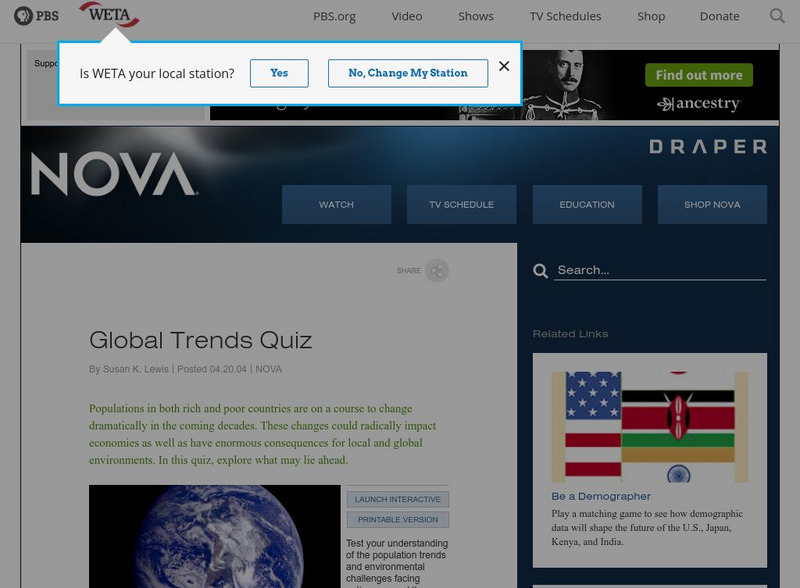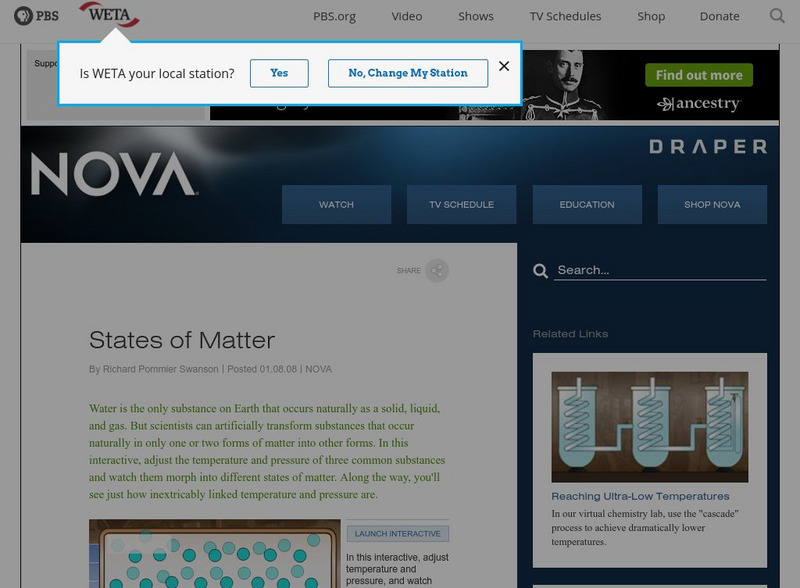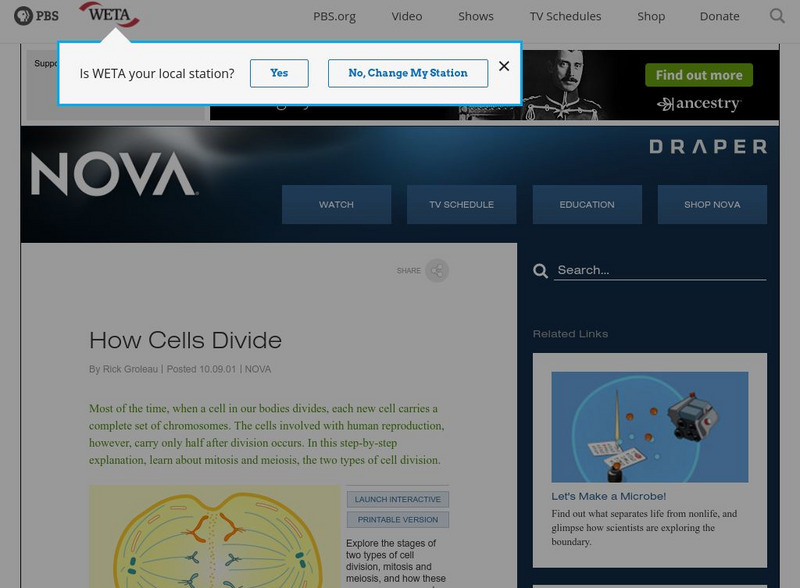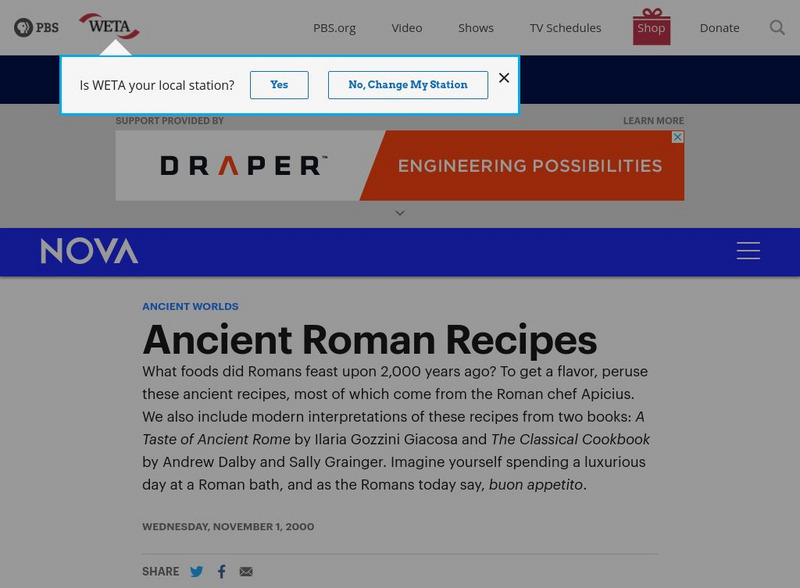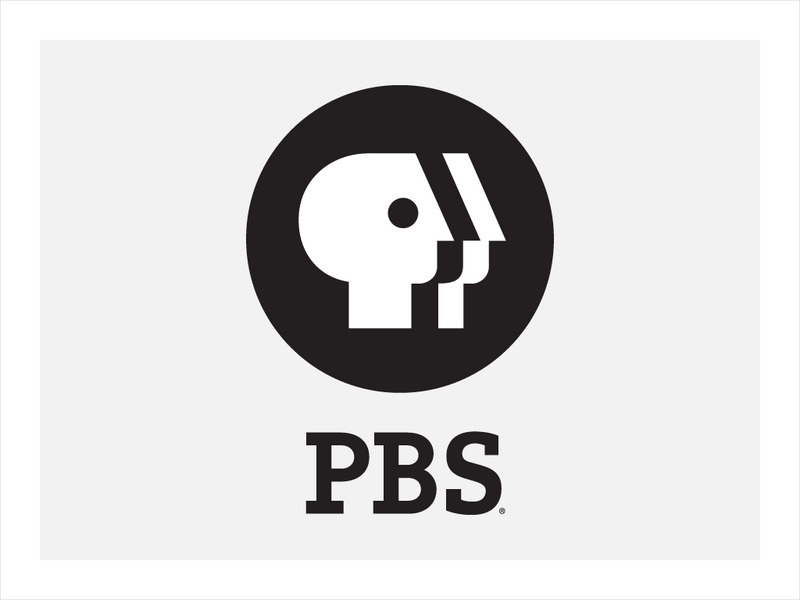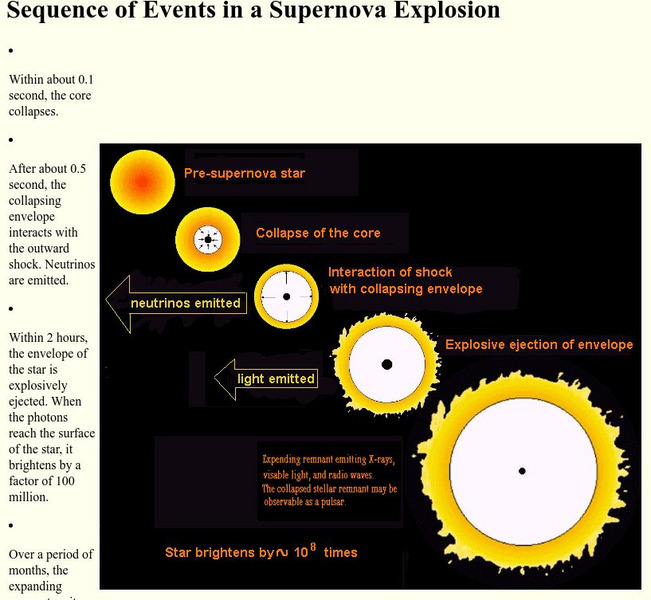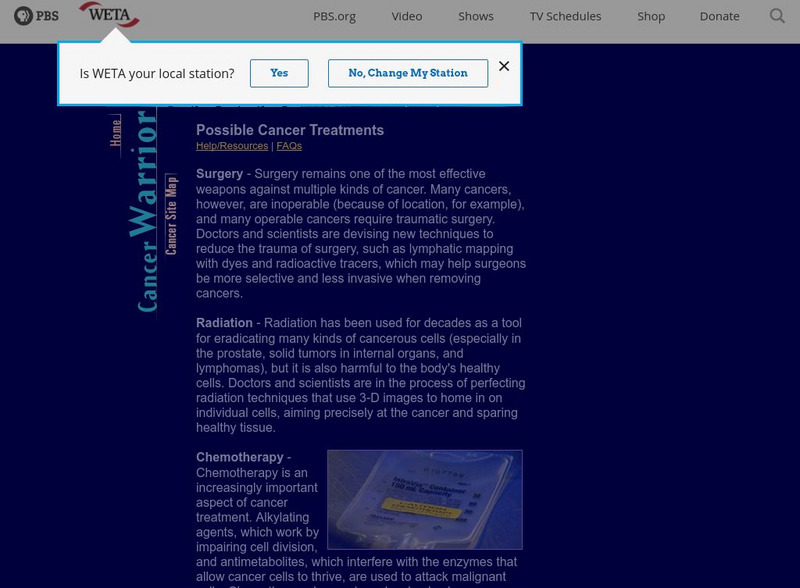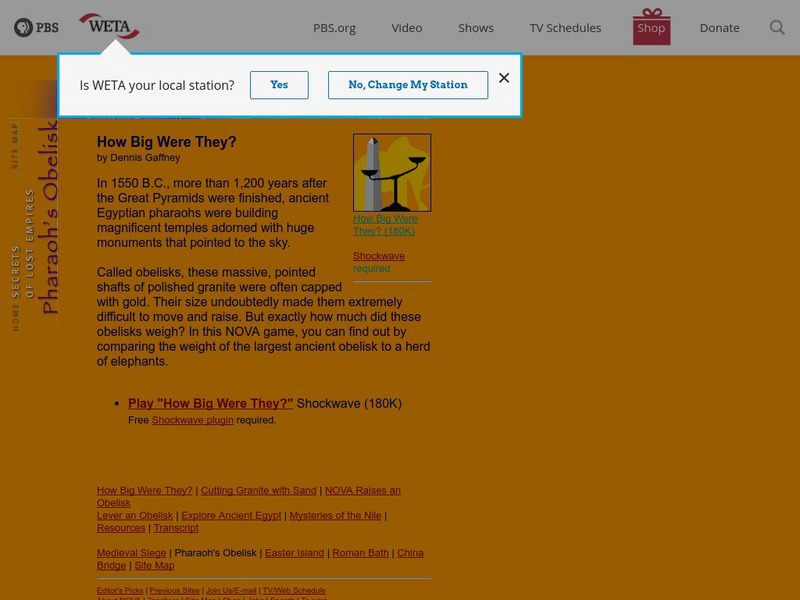PBS
Nova: Global Trends Quiz
How is the human population changing? This quiz covers population trends in the developed world, and the developing world. Explore the impact human population growth is having on the environment.
PBS
Pbs: Nova: Absolute Zero: States of Matter
This interactive allows you to explore the effect that temperature and pressure have on the changes in the states of matter. You can test these variables on carbon dioxide, hydrogen and water.
PBS
Pbs: Nova: Anatomy of a Space Rover
Take a closer look at the space robots Spirit and Opportunity, and their scientific instruments used for exploring the surface of Mars.
PBS
How Cells Divide: Mitosis vs. Meiosis
This site provides both illustrations and text to compare and contrast the stages of mitosis with meiosis.
PBS
Pbs: Nova Online: Real Roman Recipes
"To give you a flavor of food that Romans may have eaten at the baths, we have reprinted ancient recipes." The majority of the recipes are 2,000 years old and come from Apicius, a Roman chef.
PBS
Pbs Learning Media: Nova Polar Lab
The interactive NOVA Polar Lab uses 360 degrees videos, interviews with scientists, and mini-games to send students on an immersive quest to understand how the poles are key to understanding Earth's climate -- past, present, and future.
PBS
Pbs Learning Media: Nova: Collection
The NOVA collection on PBS LearningMedia contains over 1500 resources from NOVA's broadcast and digital productions that educators can use in their lessons to spark and enrich student knowledge of STEM (Science Technology Engineering...
PBS
Pbs Learning Media: Nova: Addiction: Collection
The opioid epidemic continues to devastate communities across the United States. This collection of videos, including three from the NOVA documentary, Addiction, can be used to engage students with media, encourage science practices, and...
PBS
Pbs Learning Media: Nova: Gross Science: Collection
Why do we smell different when we're sick? Why does cheese smell like feet? Why don't vultures get sick from eating rotting meat? Science is filled with stories: some of them are beautiful and some of them are gross. Really gross. Gross...
PBS
Pbs Learning Media: Nova: Secret Life of Scientists & Engineers
Wish more of your students saw science and engineering as career possibilities? These resources can help. "The Secret Life of Scientists & Engineers" is an Emmy-nominated web series from the acclaimed PBS series, NOVA. The series...
PBS
Pbs Learning Media: Nova: The Cannabis Question: Collection
The NOVA documentary, The Cannabis Question, explores the story of cannabis from the criminalization that has disproportionately harmed communities of color to the latest medical understanding of the plant. What risks does cannabis pose...
PBS
Pbs Learning Media: Nova: Web Original Collection
Since 1974, NOVA has been the most watched prime-time science series on television. The NOVA website has been pioneering new forms of original web content since it debuted in 1996. NOVA's mission to make science accessible to viewers and...
PBS
Pbs Teachers: Tales From the Hive
Examine how bees use a variety of dances to communicate the location, quality and quantity of a food source to their hivemates.
PBS
Pbs: Anatomy of a Hive
This is an excellent PBS site that talks about the make up of the beehive and it's inhabitants. Topics such as communication, food, temperature, defense are also visited.
PBS
Nova: Amber Time Machine
Investigate the series of events that led to the fossilization of an ancient bee. You'll retrace the events that moved the amber fossil to its' final resting place, a Dominican amber mine.
Cornell University
Cornell University: Astronomy: Novae and Cataclysmic Variable Stars
Definition and explanation of novae and cataclysmic variable stars.
Cornell University
Cornell University: Astronomy: Sequence of Events in a Supernova Explosion
The complex sequence of events in a supernova explosion are explained and illustrated.
University of California
Ucmp: Welcome to the Dinobuzz
Site details with the current topics concerning dinosaurs. Site covers dinosaur speeds, dinosaur extinction, warm-blooded dinosaurs and more.
PBS
Pbs: Where to Dig
Dinosaurs have intrigued us for many years. As we explore to learn more we need to know where to look. In which type of rock would you find dinosaur fossils? This brief interactive provides real world application for rock characterization.
PBS
Pbs: Possible Cancer Treatments
This concise site describes the cancer treatments currently available along with new techniques that are being utilized with each treatment.
PBS
Pbs Nova: How Big Were They?
Use the virtual scale to find out how much the Egyptian Obelisk weighs in elephants. Also, learn other interesting facts about the obelisks.
PBS
Pbs Teachers: Wild Wolves: Wolves and Dogs: Fact and Fiction
Test your knowledge of basic facts about dogs and wolves with this interactive quiz. After answering each question, read more information about the topic.
PBS
Pbs Teachers: Submarines, Secrets, and Spies: Sounds Underwater (Hot Science)
Examine factors that affect how sound travels underwater and explore the range of sounds underwater creatures make.
PBS
Pbs Teachers: Secrets of Lost Empires Ii: China Bridge: Bridge the Gap
Learn about the four major types of bridges and then test your knowledge by matching the right bridge to the right location.


